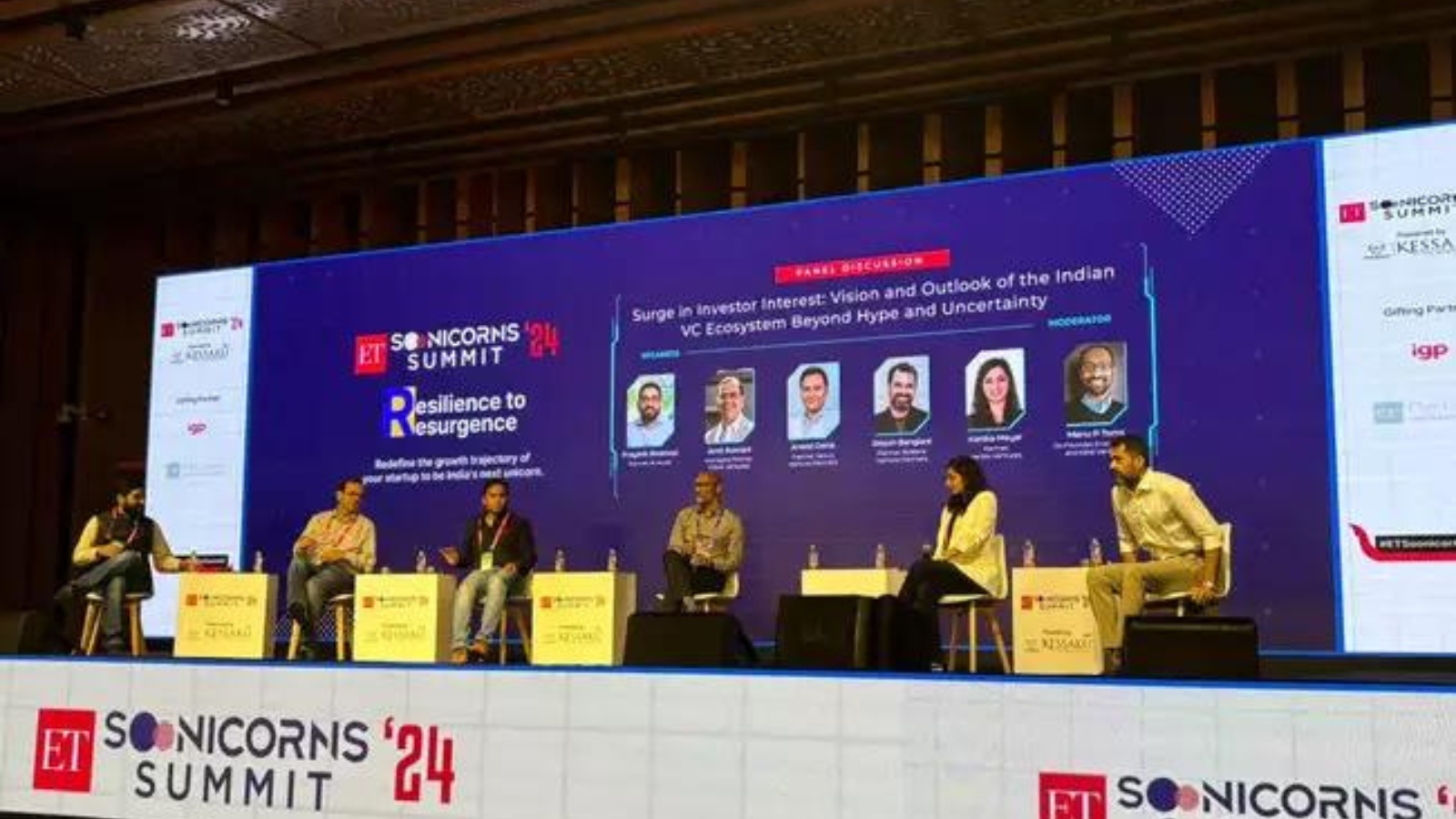
India’s Soonicorns Summit: A Bright Future for Startup Funding
In the vibrant landscape of global startups, India is carving out a significant niche, positioning itself as a powerhouse for innovation & investment. The recent Soonicorns Summit showcased this potential, celebrating the rapid growth of startups and highlighting the increasing influx of venture capital (VC) funding. The summit brought together key industry leaders, investors & entrepreneurs to discuss the burgeoning ecosystem, shedding light on the future of Indian startups.
Understanding Soonicorns
The term “soonicorn” refers to startups that are on the cusp of achieving unicorn status—valuations of over $1 billion. As India continues to nurture its entrepreneurial spirit, the number of soonicorns is steadily rising. According to estimates, the country has over 100 soonicorns, reflecting a vibrant startup ecosystem fueled by innovation & robust investor interest.
The Current Landscape of VC Funding
The Indian startup scene has experienced remarkable growth in recent years, with venture capitalists pouring significant amounts into various sectors, including technology, healthtech, fintech, & e-commerce. Recent reports indicate that VC funding in India has seen an exponential increase, reaching record highs. The Soonicorns Summit emphasized that this trend is likely to continue as both domestic and international investors recognize the potential for high returns in the Indian market.
Industry leaders at the summit pointed out that this surge in funding is not just a fleeting moment; it signifies a shift in how investors view the Indian startup ecosystem. The increased confidence among VCs stems from several factors, including a burgeoning digital economy. And a growing middle class, and a supportive regulatory environment.
Key Themes from the Soonicorns Summit
- Innovation as a Catalyst: The summit underscored the importance of innovation in driving startup growth. With advancements in technology, Indian startups are innovating across sectors, from artificial intelligence to sustainable energy solutions. Speakers highlighted that these innovations are not only solving local problems but are also scalable globally.
- Diversity of Sectors: The discussions revealed that Indian soonicorns are not limited to traditional tech domains. Sectors like agritech, edtech, and healthtech are gaining traction, showcasing the diverse opportunities for investment. This diversification is crucial for sustainable growth and reduces the risks associated with market fluctuations.
- Supportive Ecosystem: A key takeaway from the summit was the importance of a supportive startup ecosystem. Government initiatives, incubators, and accelerators play a pivotal role in nurturing startups. The panelists emphasized that for soonicorns to transition into unicorns, there needs to be continued support from the public & private sectors.
- Global Opportunities: As the world becomes increasingly interconnected, Indian startups are seizing global opportunities. The summit highlighted stories of soonicorns that have expanded beyond Indian borders, tapping into international markets and creating a global presence. This trend reflects the increasing competitiveness of Indian startups on the world stage.
Challenges Ahead
Despite the optimistic outlook, the summit also addressed challenges that soonicorns face. Scaling operations, navigating regulatory hurdles, and competition from established players can be daunting for emerging startups. Moreover, while the influx of VC funding is encouraging, it is vital for startups to focus on sustainable growth rather than just chasing valuations.
Additionally, the talent war is intensifying, with startups vying for skilled professionals in a competitive market. This necessitates not only attractive compensation packages but also a strong company culture to retain talent.
The Road Ahead
The momentum generated by the Soonicorns Summit sets a positive tone for the future of Indian startups. As the country continues to evolve as a startup hub, collaboration between entrepreneurs, investors, and policymakers will be crucial. The future of India’s soonicorns looks bright, with an ecosystem that is ripe for innovation and growth.
Investors are encouraged to look beyond the immediate prospects and consider the long-term potential of the Indian market. For entrepreneurs, the focus should be on building resilient businesses that prioritize sustainability and innovation.
In conclusion, the Soonicorns Summit was not just a celebration of current achievements but also a clarion call for the future. As India steps into a new era of entrepreneurship, the world will be watching closely to see how its soonicorns transform into the next generation of unicorns. The potential is immense, and with continued support and innovation, India’s moment to shine on the global startup stage is just beginning.
